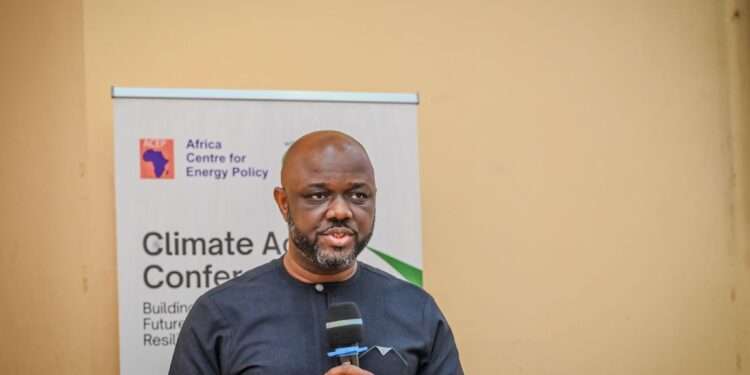Alan Kwadwo Kyerematen, leader of the Movement for Change, has reported that his nationwide campaign tours are progressing successfully, garnering significant support and momentum.
According to Alan Kyerematen, during his nationwide tour, he has consistently heard a resounding message from the electorate, who are increasingly disillusioned with both the NPP and NDC and are no longer interested in listening to their rhetoric.
“They are tired of the two parties. They want an alternative, they want change. They are hoping that if it is true that Alan will show up, then they have a viable alternative. So they are all hoping and waiting that, Alan will show up. So all I need to do now is to make sure that I get to the people”.
Alan Kwadwo Kyerematen
Furthermore, Alan Kyerematen expressed his appreciation for the overwhelming goodwill and enthusiastic support he has received from Ghanaians during his nationwide campaign tour. “It is organic, you can see it is very natural”, he added.
Outlining his Great Transformational Plan (GTP), Alan Kyerematen emphasized that while the government must provide infrastructure for service delivery, it equally has a mandate to ensure resource availability to fund the associated expenditure, striking a balance between development and fiscal sustainability.
Alan Kyerematen pointed out that when government expenditure exceeds its revenue, a budget deficit arises, necessitating borrowing to bridge the gap and finance its obligations.
“And obviously, that is not sustainable if you keep on borrowing to finance your deficit”. – Alan Kyerematen
He stressed that the government has a critical responsibility to maintain fiscal discipline, keeping its expenditure and revenue in balance to prevent financial instability.
Alan Kyerematen lamented that, regrettably, the Ghanaian government has consistently overspent beyond the country’s revenue earnings over several decades, perpetuating a cycle of fiscal imbalance and unsustainable debt.
He stressed that a government’s ability to manage and control its expenditure is paramount to achieving economic stability, underscoring the importance of prudent financial management in fostering a healthy and thriving economy.
Call For Lean Government, Fiscal Discipline, And Effective Governance
Moreover, Alan Kyerematen emphasized that maintaining fiscal discipline requires a lean and efficient government structure, as the country’s resources are not sufficient to support a bloated bureaucracy, and a smaller government size is essential for effective resource allocation and management.

Alan Kyerematen pointed out that the 1992 Constitution stipulates a maximum of 19 cabinet ministers and one regional minister for each of the 16 regions, totaling 35 ministers, emphasizing that technically, no administration should exceed this limit, and any additional appointments would be unconstitutional.
“You see if you go to some of the matured economies, those who have even bigger budgets, I don’t believe that any of them has more than the kind of ministerial appointment that we have. So in my case, I am hitting the ground running if I become president. It is a question of optimizing the work of your minister”.
Alan Kwadwo Kyerematen
He outlined his ambitious plan to propel Ghana forward, assuring that a leaner government of 40 ministers will enable effective decision-making, enhance accountability, and foster a more responsive and efficient delivery of public services, ultimately driving sustainable development and growth.
Alan Kyerematen emphasized that politics is a calling to serve the public, underscoring that the ultimate goal is to deliver tangible results and make a positive impact on people’s lives, highlighting the importance of effective and efficient governance.
“At any point, you have a large public/civil service, you have to put them to work”. – Alan Kyerematen.
He implored politicians to adopt a more serious and constructive approach to governance, prioritizing the country’s development and the well-being of its citizens, and working collaboratively to address the pressing challenges facing the nation.
READ ALSO: GSE Records 72% Decline in Turnover and Volumes of Shares Traded




















